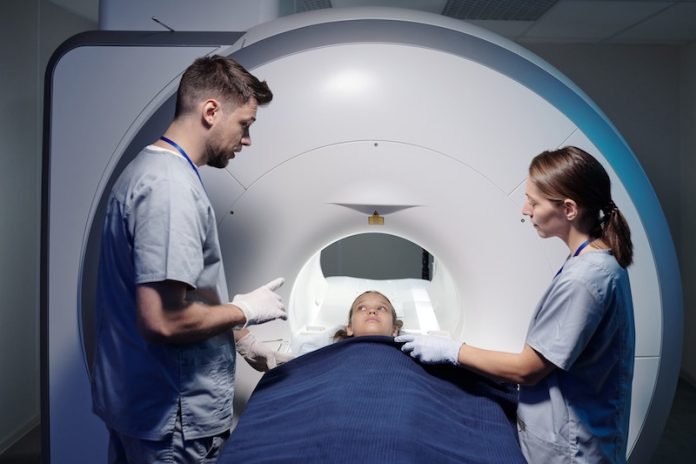
Heart disease is a major health concern and is the top cause of death in the United States.
Predicting who is at risk of developing heart disease is a challenging task for doctors. Being able to identify the risk effectively could make a significant difference in managing and lowering that risk.
The Current Method
At the moment, doctors look at things like blood pressure and cholesterol levels to gauge if a person might develop heart disease.
This method, however, isn’t foolproof. There are people who might have a heart attack even though their blood pressure and cholesterol levels seem okay.
The Role of Genetics
Many scientists believed that our genes could hold the key to predicting heart disease risk.
They were hopeful that polygenic risk scores (which compile data on over 6 million common genetic variants linked to heart disease) might be the way forward in personalized medicine.
The New Finding
But a new study from Northwestern Medicine, published on May 23 in JAMA, says otherwise.
It turns out that CT scans may be better at predicting heart disease risk in middle-aged people than looking at their genes.
Why CT Scans?
CT scans can show coronary artery calcium, which is a good indicator of heart disease risk. In the study, CT scans did a better job at predicting risk than genetic data did.
The Study Details
The study included 3,208 adults from two separate studies, one in the U.S. and another in the Netherlands.
The researchers used these participants’ heart disease risk factors (like whether they smoke, their cholesterol levels, and their blood pressure), genetic data, and CT scans to estimate their risk of heart disease.
The aim was to see how CT scans or polygenic risk scores affected the risk predictions based on traditional factors, like blood pressure and cholesterol.
The Risk Categories
A person is considered at low risk for heart disease if they have less than a 7.5% chance of developing it in the next 10 years.
If that chance goes above 7.5%, doctors often recommend taking statins, which are medicines that can help lower the risk.
The Results
The study found that using genetic data didn’t change a person’s risk category based on their traditional risk factors.
But when they looked at the CT scans, half of the participants were moved into the high-risk category.
The Conclusion
The takeaway from the study is that data from a CT scan could help identify people who might benefit from taking statins to lower their heart disease risk.
This suggests that CT scans could be a valuable tool in predicting heart disease risk, especially for middle-aged patients whose risk level isn’t clear or is in the intermediate range.
The study, titled “Coronary Artery Calcium Score and Polygenic Risk Score for the Prediction of Coronary Heart Disease Events in the Multi-Ethnic Study of Atherosclerosis and the Rotterdam Study,” was led by Dr. Sadiya Khan, a Northwestern Medicine cardiologist and assistant professor of medicine and preventive medicine at Northwestern University Feinberg School of Medicine.
If you care about heart health, please read studies about the best time to take vitamins to prevent heart disease, and scientists find how COVID-19 damages the heart.
For more information about heart health, please see recent studies about Aspirin linked to higher risk of heart failure, and results showing this drug could reduce heart disease, fatty liver, obesity.
The study was published in JAMA.
Copyright © 2023 Knowridge Science Report. All rights reserved.



